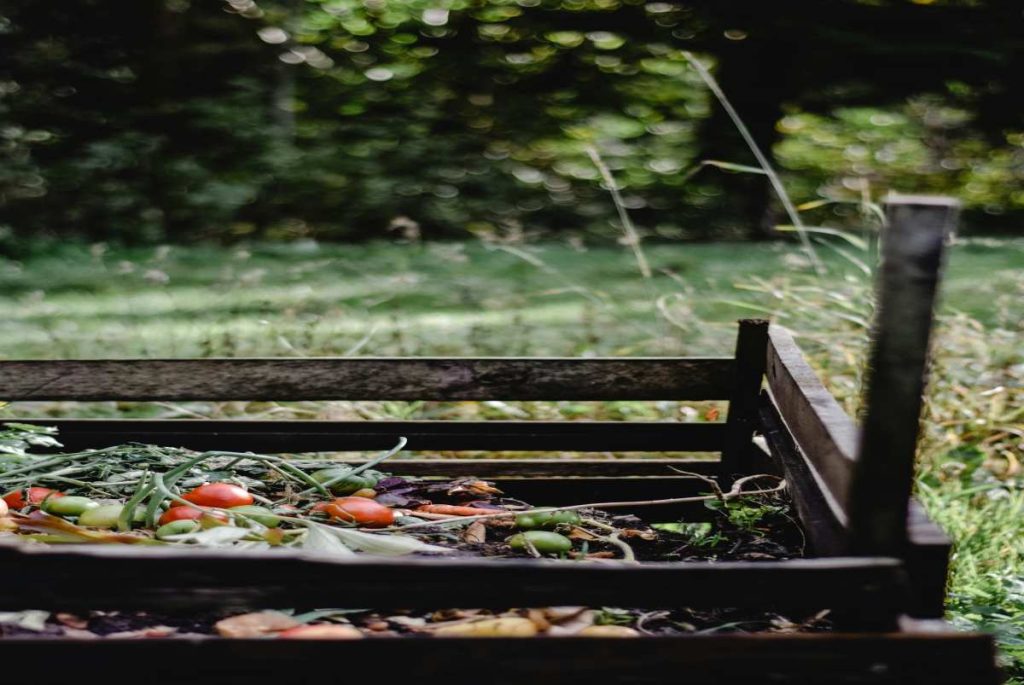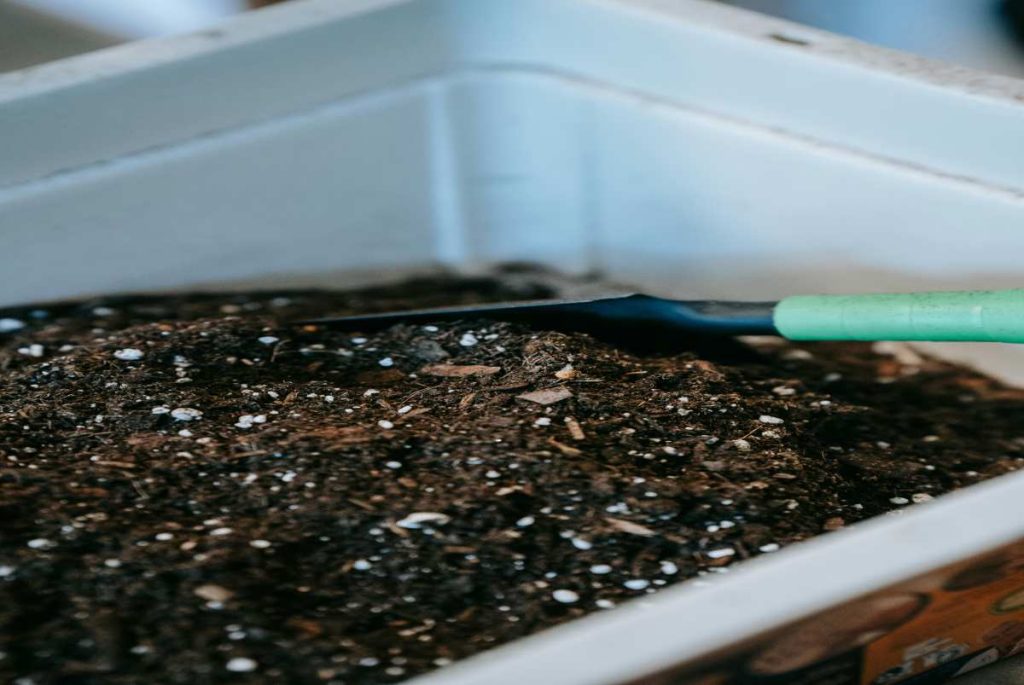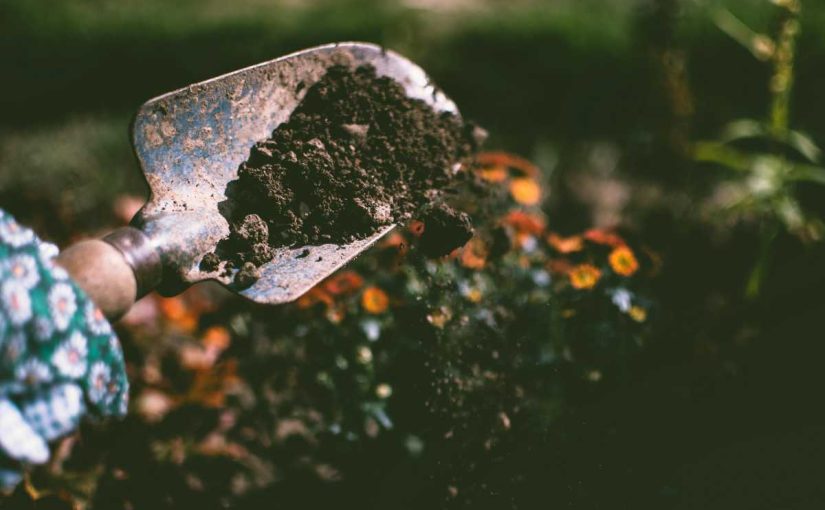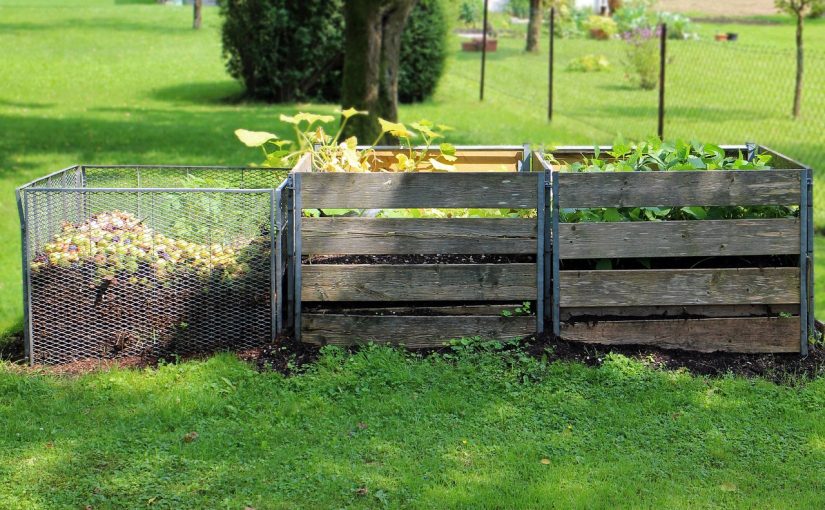Composting is an eco-friendly way to turn organic waste into nutrient-rich material for your garden. However, beginners and experienced composters alike can run into challenges that slow down decomposition or lead to unpleasant outcomes. The good news is that most composting problems are easy to identify and resolve.
In this guide, we’ll explore 5 common composting problems and provide practical solutions to keep your composting system thriving.
1. Bad Odors Coming from the Compost Pile
Problem: Compost piles that emit foul smells are often too wet, too compacted, or contain the wrong type of materials, such as meat or dairy products.
Solution:
- Add Browns: Mix in dry, carbon-rich materials like shredded newspaper, cardboard, or dry leaves to absorb moisture and balance nitrogen levels.
- Turn the Pile: Aerate the compost regularly to improve airflow and prevent anaerobic conditions.
- Avoid Problematic Materials: Only compost plant-based kitchen scraps, garden clippings, and approved items. Avoid meat, dairy, or oily foods that can cause odors and attract pests.
Pro Tip: A well-maintained compost pile should smell earthy, not sour or rotten.
2. Compost Pile Not Heating Up
Problem: If your compost pile feels cold, it may lack the proper balance of greens and browns, moisture, or size to generate heat for decomposition.

Solution:
- Check the Ratio: Ensure you’re using the right mix of greens (nitrogen) and browns (carbon) in a 1:2 ratio.
- Add Greens: If the pile is too dry or slow, add more nitrogen-rich materials like fruit scraps, grass clippings, or coffee grounds.
- Increase Size: A small compost pile may not retain enough heat. Aim for a minimum size of 3x3x3 feet.
- Insulate the Pile: Cover the compost with a tarp or add a layer of straw during colder months to retain warmth.
Pro Tip: A properly functioning compost pile should feel warm to the touch in the center, between 130°F–160°F.
3. Compost Pile Attracting Pests
Problem: Rats, raccoons, and insects are drawn to compost piles that contain food scraps or are not properly secured.
Solution:
- Avoid Problem Foods: Do not compost meat, dairy, greasy foods, or cooked leftovers.
- Cover Food Scraps: Always bury fresh food waste under a layer of browns or finished compost to reduce odors that attract pests.
- Secure the Bin: Use a compost bin with a tight-fitting lid or wire mesh around open piles to keep pests out.
- Turn the Pile Regularly: Frequent turning helps deter pests by disrupting their nesting areas.
Pro Tip: If you’re in an area with persistent pest problems, consider a tumbling compost bin that is fully enclosed.
4. Compost is Too Wet or Soggy
Problem: Excess moisture in the compost pile can lead to anaerobic conditions, slowing down decomposition and creating unpleasant odors.
Solution:
- Add Dry Materials: Incorporate dry browns like straw, sawdust, or shredded cardboard to absorb excess moisture.
- Improve Drainage: Ensure your compost pile is placed on well-draining soil or add a layer of twigs at the base for better airflow.
- Avoid Overwatering: Only add water if the pile feels dry; it should have the consistency of a damp sponge.
- Turn the Pile: Aerating the pile helps evaporate excess moisture and prevents compacting.
Pro Tip: If heavy rain is an issue, cover the pile with a tarp to keep it dry.
5. Compost is Too Dry and Not Breaking Down
Problem: A dry compost pile slows microbial activity, leaving organic matter intact for longer periods.
Solution:
- Add Water: Moisten the pile gradually by sprinkling water while mixing. Aim for damp, not soaking wet.
- Incorporate Greens: Add nitrogen-rich materials like kitchen scraps or fresh grass clippings to introduce moisture and kickstart decomposition.
- Cover the Pile: Use a tarp or add a layer of browns like straw to retain moisture, especially in hot climates.
- Check Location: Move the compost to a shaded area to reduce evaporation.
Pro Tip: Regularly check moisture levels by squeezing a handful of compost—if it crumbles apart, it’s too dry; if water drips out, it’s too wet.
Conclusion
Composting is a dynamic process, but even the best systems can encounter challenges. By understanding and addressing common composting problems like bad odors, lack of heat, pests, or improper moisture levels, you can maintain a thriving compost pile that efficiently turns waste into gardening gold.
Start composting today with confidence, and enjoy the rewards of healthier soil and a greener planet!




